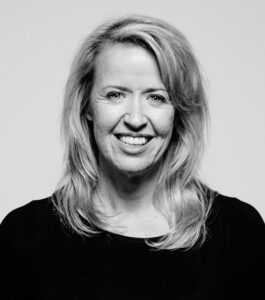
CSIRO stepped up into the services delivery role of the National Clinical Terminology Service this week, and they aim to lower the barriers to using it.
Dr David Hansen is CEO of CSIRO’s Australian e-Health Research Centre (AEHRC). He told Wild Health that AEHRC wants to make it easier for vendors to implement interoperability and to create a safe space for vendors to ask any sort of questions.
Dr Hansen said he had seen countless, badly implemented examples of SNOMED – the leading international vocabulary of healthcare terminology.
“Clinical terminology, in particular, can be difficult to implement well, and often it’s left to last. There’s so much to focus on when building products these days – cybersecurity, scalability, usability – and what we’ve tried to do is to take the terminology part and make it as easy as possible for vendors to implement,” he said.
Dr Hansen said the National Clinical Terminology Service aimed to work more closely with people getting things done. They could add value by focusing on how to use the technology without being waylaid by questions about regulation, he said.
“To some extent we’re already a known quantity and are already running connect-a-thons with HL7 and the ADHA which have a big terminology component,” he said, adding that AEHRC aims to keep looking at how to be more helpful to industry.
Dr Hansen diplomatically sidestepped questions about the need for legislation around interoperability. When asked about the silos of legacy technology in the sector, Dr Hansen said most vendors were now looking at embracing FHIR, an international standard for healthcare interoperability developed by HL7 International.
Some vendors were looking to put a FHIR API on top of their existing system, he said. Others were reengineering their products to be cloud-based, so they were building FHIR in natively.
“And as part of that, they can certainly look at using the FHIR terminology service that we provide, and then they can take advantage of both the syndication and the high runtime support that we provide as well,” Dr Hansen said.
Dr Hansen spoke of the strong partnership between AEHRC and ADHA. In 2015 the ADHA engaged AEHRC to help design and provide the technology server for the National Clinical Terminology Service. He said AEHRC’s historical partnership with the ADHA would help them provide higher levels of services and functions managing the National Clinical Terminology Service as well as its content authoring and tooling.
The ADHA is stepping back from services delivery to a higher level strategic and governance role. Under the new arrangement, the ADHA remains responsible for end-to-end management and the licensing relationship with SNOMED International.
*Dr Hansen’s title updated in this copy 3 October 2022.

